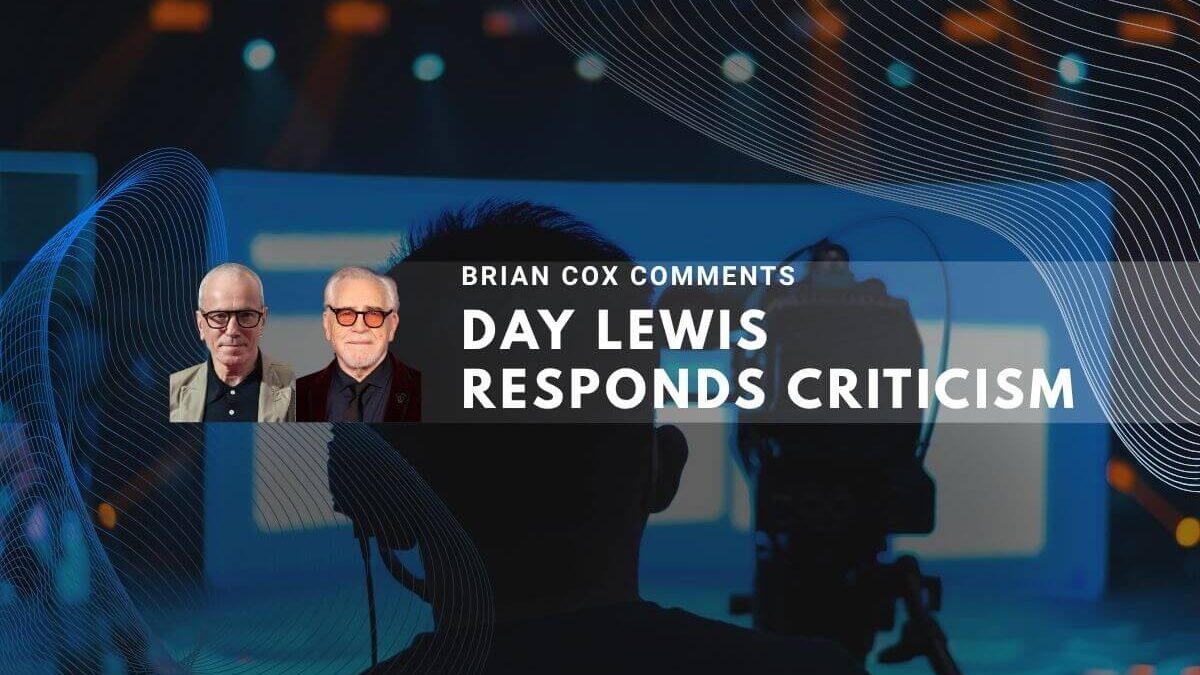Daniel Day-Lewis has publicly rejected suggestions that his method acting approach influenced Jeremy Strong’s on-set behavior during HBO’s Succession. Speaking to the Big Issue on November 3, 2025, the three-time Academy Award winner addressed a dispute with actor Brian Cox that began in 2021.[1][2][3][4]
Cox collaborated with Day-Lewis on the 1997 film “The Boxer,” where Day-Lewis played boxer Danny Flynn. Starting in 2021, Cox began publicly criticizing method acting as practiced by Strong and others, suggesting the technique creates on-set difficulties. Day-Lewis was drawn into the debate when Cox implied Strong had adopted method techniques through their past work together.[5][6][7][8]
How the Dispute Developed Between Two Acclaimed Actors
Day-Lewis and Cox’s professional history spans decades, but their public disagreement emerged recently:
- 1997: Day-Lewis and Cox star together in “The Boxer” film production[9][5]
- 2021: Cox appears on Late Night with Seth Meyers criticizing method acting[6][10]
- 2023: Cox publishes criticisms in Variety and Town and Country interviews[11][12]
- October 2025: Day-Lewis addresses method acting at BFI London Film Festival[13]
- November 3, 2025: Big Issue publishes Day-Lewis’s direct response to Cox[3][14]
Jeremy Strong’s Professional Timeline With Day-Lewis
Strong worked with Day-Lewis on two separate projects, contrary to media misreporting:
| Project | Year | Strong’s Role | Source |
|---|---|---|---|
| The Ballad of Jack and Rose | 2005 | Personal assistant | [15][16][17] |
| Lincoln | 2012 | Co-starring actor | [15][16][17] |
| My Left Foot | 1989 | NOT involved—Strong was 10 years old | [18][19] |
Strong was born December 25, 1978, making him a child during Day-Lewis’s acclaimed 1989 performance. E! Online and WJBC confirm Strong served as assistant on the 2005 film, not 1989.[15][16][18]
What Day-Lewis Said About the Method Acting Conflict
“Listen, I worked with Brian Cox once and got somehow drawn into this handbags at dawn conflict inadvertently,” Day-Lewis stated. He praised Cox as “a very fine actor who has done extraordinary work” while criticizing his public campaign.[2][1]
Regarding Strong: “I do not feel responsible in any way for that. Jeremy Strong is a very fine actor. I do not know how he goes about things.”[20][1]
Method Acting Misconceptions Media Perpetuates
Day-Lewis emphasized that media misrepresents the technique through superficial focus:
- Coverage obsesses over “lived in jail cell for six months” anecdotes[21][1]
- Technique is characterized as instability rather than professional methodology[2][13]
- “Gone full method” phrase attached to ideas of lunacy[22][23]
- Commentators lack understanding of actual technique and intention[24][13]
Day-Lewis clarified: “In all performing arts, people find their methods as a means to an end. It is with the intention of freeing yourself so you present colleagues with a living, breathing human being they can interact with.”[25][1]
Anemone Release Information and Day-Lewis’s Return
After an eight-year retirement, Day-Lewis returns in “Anemone,” directed by his son Ronan (directorial debut).[26][27]
Release schedule:
- US limited release: October 3, 2025[26]
- US wide release: October 10, 2025[26]
- Camerimage Film Festival premiere: November 15, 2025[28]
- Irish cinemas: November 6, 2025[29]
- UK cinemas: November 7, 2025[29]
- VOD: $19.99 rent, $24.99 purchase on Prime Video[30][26]
